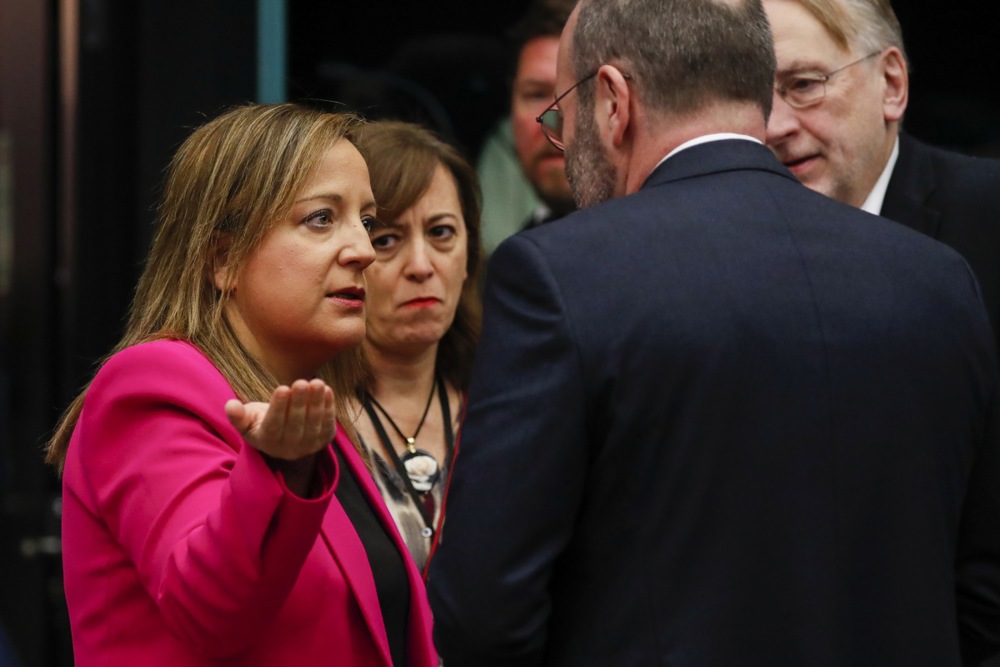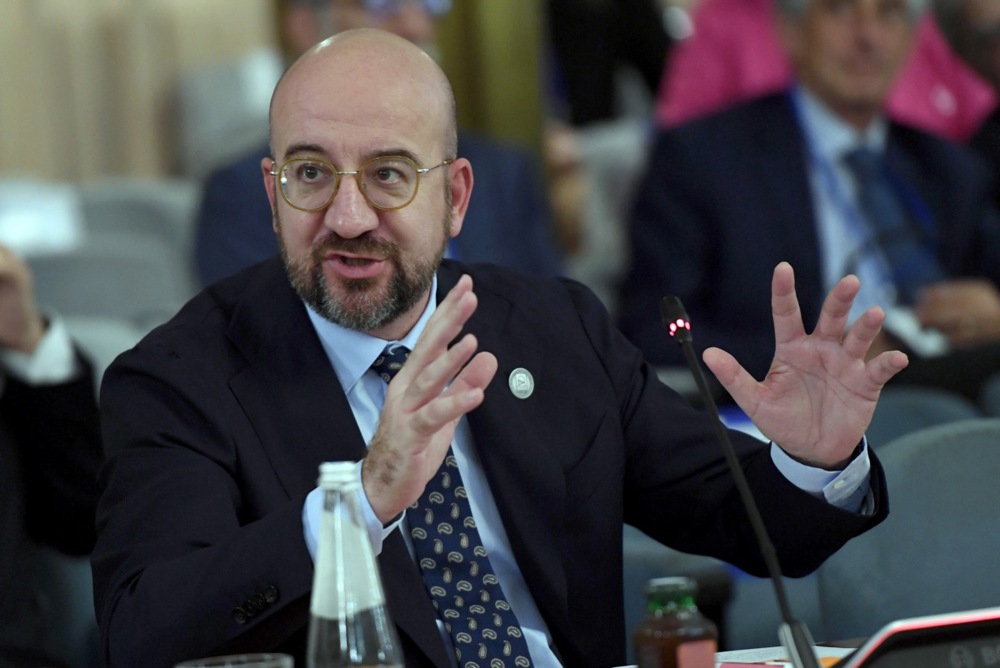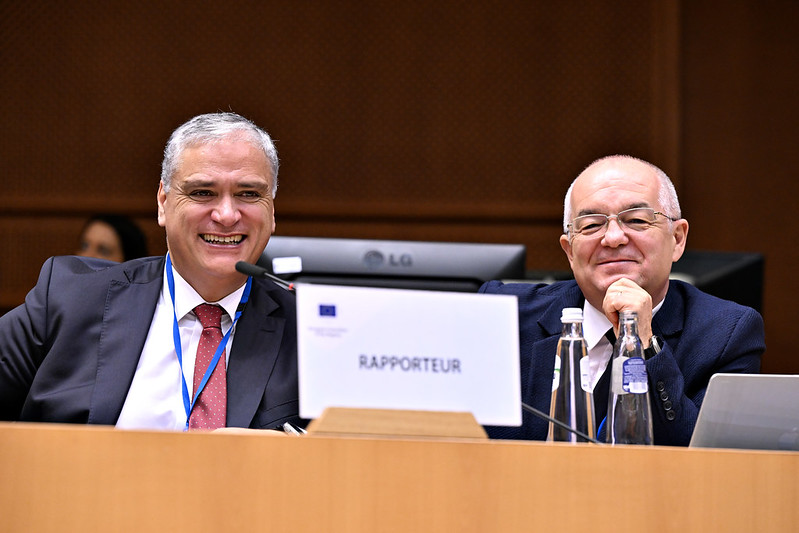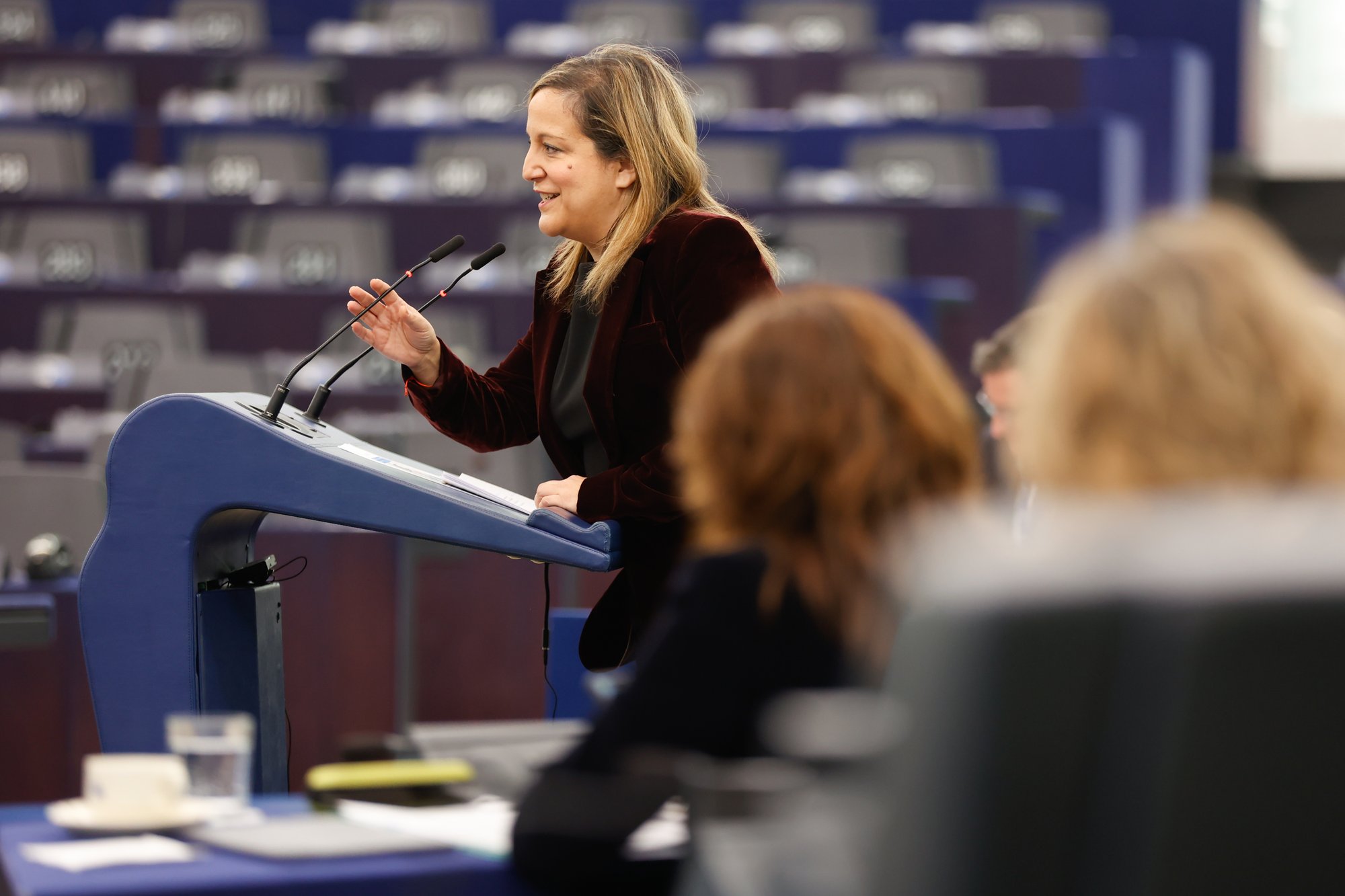Europe.
In the midst of persistent challenges and uncertainties, a group of city leaders from across Europe has put forward a compelling vision for a more united and resilient European Union.
With Europe becoming more and more urbanised it is estimated that 80% of Europeans will live in cities by 2050.
With this in mind, municipal politicians from all over the continent have issued a manifesto calling on the EU and other authorities to begin preparing for this new more urban world.
The document, titled “A better Europe starts in cities: A strategic agenda for the EU in the urban century,” highlights the crucial role that cities play in shaping a sustainable and inclusive future.
The manifesto emphasizes the importance of local authorities in driving societal transformation and resilience. They propose investing in reinforcing technical and administrative capacity in local administrations, providing them with direct access to EU funding, and increasing the EU’s resources for greater direct investment capacity in urban sustainability.
The mayors stress the unique capabilities of cities, including their understanding of local needs, ability to create incentives for behavior change, and power to shape markets for greater sustainability and inclusion.
They present data from the Eurocities Pulse, indicating that 92% of mayors feel they contribute to delivering EU priorities through local policy implementation, but 50% believe that EU institutions need to better consider cities’ specific needs and potential.
To achieve a more united EU, the mayors propose a coherent European strategy for urban policies, building on existing frameworks like the Urban Agenda for the EU and the New Leipzig Charter.
They call for a regular and direct dialogue between the political leadership of EU institutions and city leaders, along with the appointment of an Urban Envoy within the European Commission to oversee and coordinate EU policies and initiatives for cities.
The mayors argue that, especially in times of crisis, the EU must act swiftly to address the immediate concerns of its citizens while working towards long-term goals.
The mayors stress the importance of a collaborative approach, with the EU working closely with member states, regions, and cities to achieve shared objectives.
The challenges faced by people on a daily basis, including access to affordable housing, essential public services, and decent job opportunities, have been exacerbated by factors such as the rising cost of living and the impacts of the climate crisis.
The mayors express deep concern about the increasing polarization in societies, emphasizing the role of cities in fostering inclusivity and unity.
The strategic agenda calls for a results-oriented European Green & Social Deal, urging the EU to commit to ambitious climate targets and foster partnerships between local authorities and industries. The mayors stress the importance of cities in implementing bold measures for sustainable transport, energy-efficient buildings, circular economy practices, and the adoption of renewables.
An inclusive digital agenda that protects people’s rights and the climate is another key focus area. The mayors call for a comprehensive framework to uphold fundamental human rights in digital spaces and address the digital divide, ensuring that digitalization benefits all citizens.





